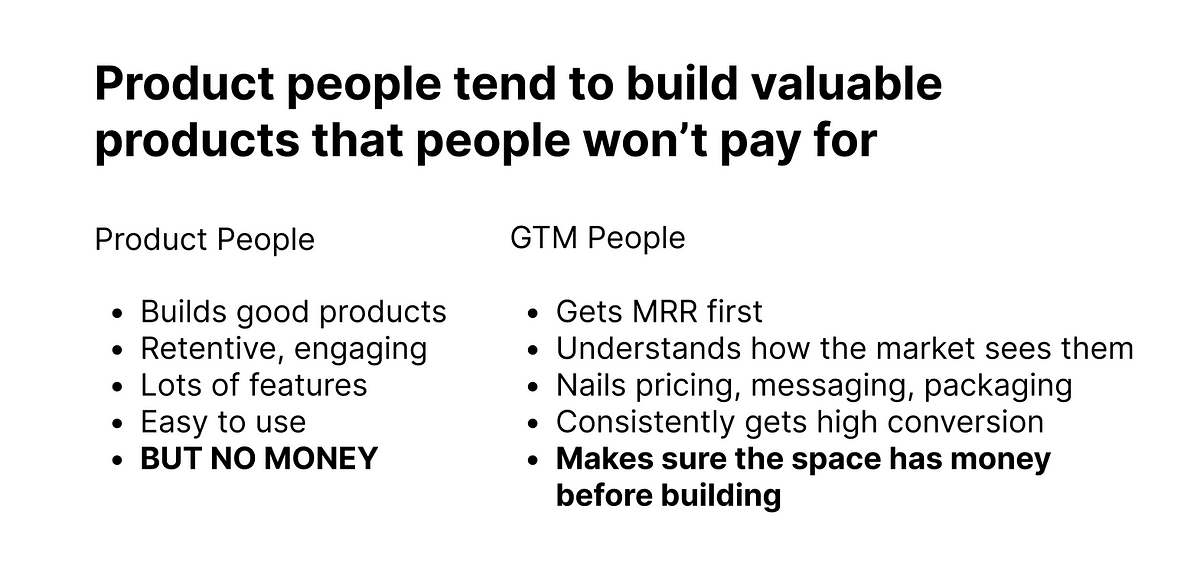I love product-obsessed founders, but they tend to make the same mistake.

🌈 Abstract
The article discusses the importance of focusing on a specific use case and positioning a product or service effectively, based on the experiences of several founders. It highlights how a "shotgun approach" of trying to cater to multiple use cases can hinder growth and revenue, and provides examples of how founders were able to improve their businesses by narrowing their focus and repositioning their offerings.
🙋 Q&A
[01] Positioning and Focusing on a Specific Use Case
1. What was the key issue faced by the founder Siraj, and how did the author help him address it?
- Siraj had a very scattered service with 12 micro-services for students, and was struggling with low revenue and growth.
- The author pointed out that Siraj's current positioning was not working, and that the "shotgun approach" of trying to cater to multiple use cases was the problem.
- The author advised Siraj to focus on a specific use case, and helped him reposition his startup to be about Ivy League counselors that focus on passion projects rather than just SAT scores.
- After the pivot, Siraj started getting multiple clients purchasing the 10k package.
2. What was the key issue faced by the founder Frankie, and how did the author help him address it?
- Frankie was trying to sell his services as being able to help with any goal, whether in health, career, or startups. His use case was too spread out, resulting in struggles with growth and revenue.
- The author advised Frankie to analyze where the most demand was coming from, and do user interviews to determine the most profitable use case.
- Frankie pivoted to focus on startup coaching for first-time founders, and was able to land multiple $400-800 contracts within days, indicating he had found product-market fit.
3. What was the key issue faced by the founder Will, and how did the author help him address it?
- Will's product was very broad, helping people with things like fundraising, sales, and public speaking. As a result, he was struggling with revenue, growth, and repeatability.
- The author helped Will identify a more specific positioning, where he would focus on helping people "fundraise with confidence" - a space his competitors were already playing in.
- By differentiating himself and positioning his offering, Will was able to charge $4k for his cohort-based courses, instead of $100-200 for 1-on-1 coaching, and scale his business to 1-2M.
[02] The Importance of Tapping into Expertise
1. What was the author's own experience as a technical founder, and how did working with a GTM (go-to-market) expert help them?
- As a technical founder, the author built a product with 90% 12-month retention, but struggled because the space had no money.
- After working with a GTM expert named Selena, the author's next startup hit 4k MRR in 2 months, and the current one hit $800 MRR in 1 day.
- The author recognized that their scrappiness was both a weakness and a strength, and that they couldn't skimp on expertise. Working with the GTM expert helped them position their product properly and improve revenue and conversion.
2. What is the author's advice for founders regarding tapping into expertise?
- The best founders the author knows all tap into expertise in some form, whether it's an advisor, coach, or GTM person.
- The author recommends checking out the Founders Cafe program, where Selena (the GTM expert) leads the program, and the author helps with more tactical playbooks. The author states that most founders get paying customers 1-3 months after joining the program.